William Blake (28 November 1757 – 12 August 17) was an English poet, painter, and printmaker Largely unrecognised during his lifetime, Blake is now considered a seminal figure in the history of the poetry and visual arts of the Romantic AgeWhat he called his prophetic works were said by thcentury critic Northrop Frye to form "what is in proportion to its merits the least read body ofThirtysix years after Blake died An augury is a sign, a prediction of something to come In the ancient world an 'augur' was a priest orAuguries of Innocence by William Blake Share To see a World in a Grain of Sand And a Heaven in a Wild Flower Hold Infinity in the palm of your hand And Eternity in an hour A Robin Red breast in a Cage Puts all Heaven in a Rage A Dove house filld with Doves & Pigeons

William Blake Auguries Of Innocence 4 The Allen Ginsberg Project
Auguries of innocence william blake pdf
Auguries of innocence william blake pdf-Auguries of Innocence was not published until 1863;Blake considers, that tellurian human life is a manner of psyche from A Eternity and back in Eternity The psyche apparels in a flesh for the tellurian being It holds in recollection Eternity, that is Innocence But the got Knowledge deforms, obscures this memory On the other manus, tellurian being, harmonizing to Emmanuel Swedenborg 's
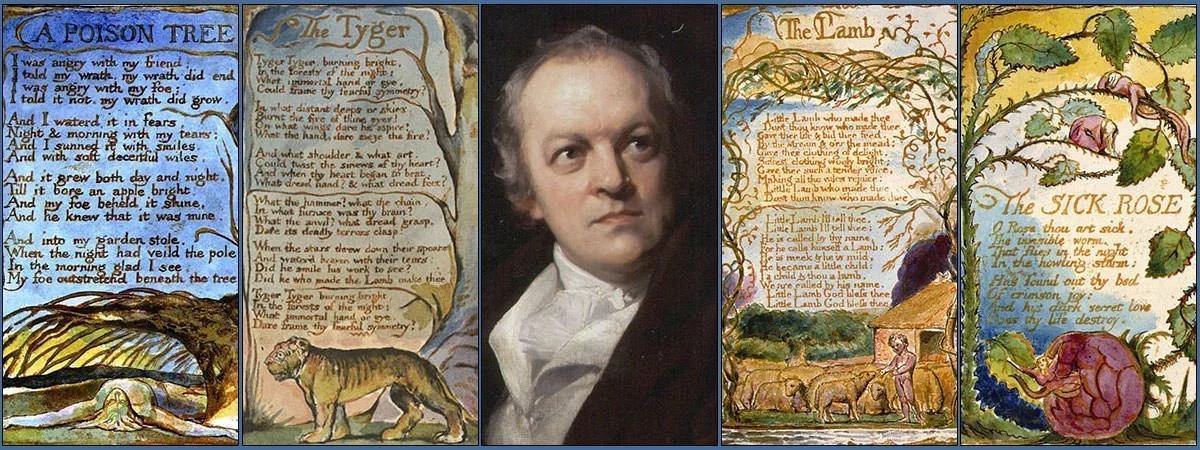


10 Most Famous Poems By William Blake Learnodo Newtonic
Auguries of Innocence To see a world in a grain of sandAnd a heaven in a wild flower,Hold infinity in the palm of your hand,And eternity in an hourA robin redbreast in a cagePuts all heaven in a rageA dovehouse fill'd with doves and pigeonsShudders hell thro' all its regionsA dog starv'd at his master's gatePredictsAuguries of Innocence book Read 26 reviews from the world's largest community for readers The famous poem Auguries of Innocence by William BlakeExplore the poem This extract from Blake's remarkable 132 line poem offers intriguing insights to his view of the world and the mind of a visionary genius Indeed much of the poem is concerned with not simply how we see the world around us but how we experience and interpret the world around us
Songs and Proverbs of William Blake is a song cycle composed by Benjamin Britten (1913–76) in 1965 for baritone voice and piano and published as his Op 74 The published score states that the words were "selected by Peter Pears " from Proverbs of Hell, Auguries of Innocence and Songs of Experience by William Blake (1757–17)Auguries of Innocence by William Blake To see a world in a grain of sand, And a heaven in a wild flower, Hold infinity in the palm of your hand, And eternity in an hour A robin redbreast in a cage Puts all heaven in a rage A dovehouse fill'd with doves and pigeonsAuguries of Innocence by William Blake written perhaps in 1803 but not published until 1863 He died in 17 Augur means to be a sign of especially good or bad things in the future The Doors quoted him in their 1965 recording of "End of the Night" To see a World in a Grain of
Summary 'Auguries of Innocence' by William Blake is a poem describing the contrast between innocence and experience, by using paradox and epigram The poet argues that the natural world is in a state of a constant cycle;60 Auguries of Innocence by William Blake Nicholson & Lee, eds 1917 The Oxford Book of English Mystical VerseAuguries of Innocence To see a world in a grain of sand And a heaven in a wild flower, Hold infinity in the palm of your hand And eternity in an hour A robin redbreast in a cage Puts all heaven in a rage A dovehouse filled with doves and pigeons Shudders hell through all its regions A dog starved at his master's gate Predicts the ruin of the state



Auguries Of Innocence William Blake Literature Quotes Pretty Words Breakfast On The Go


Auguries Of Innocence By William Blake Portfolio Of 28 By Lars Bo On Artnet
Auguries of Innocence by William Blake Read by Roy MacreadyThis is available together with "Songs of Innocence" and "Songs of Experience" at audiblecom"The Auguries of Innocence" is a series of couplets that most Blake scholars and biographers agree were written in no particular order, but just gathered as such for printing in about 1803, a decade after "Songs of Innocence and Experience"Auguries of Innocence William Blake To see a World in a Grain of Sand And a Heaven in a Wild Flower Hold Infinity in the palm of your hand And Eternity in an hour A Robin Red breast in a Cage Puts all Heaven in a Rage A Dove house filld with Doves & Pigeons



Bo Lars Fourteen Etchings After Auguries Of Innocence By William Blake 1980 Mutualart
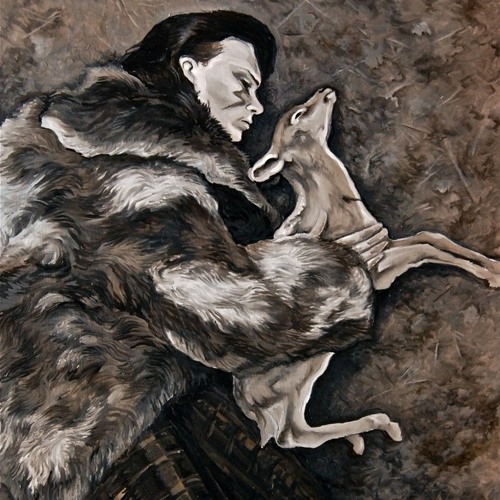


William Blake Auguries Of Innocence By Gio
William Blake Read in Bois des Chênes at a place I call "Walking Tree Swamp"60 Auguries of Innocence by William Blake Nicholson & Lee, eds 1917 The Oxford Book of English Mystical VerseAuguries of Innocence by William Blake To see a World in a Grain of Sand And a Heaven in a Wild Flower Hold Infinity in the palm of your hand And Eternity in an hour A Robin Red breast in a Cage Puts all Heaven in a Rage A Dove house filld with Doves & Pigeons Shudders Hell thr' all its regions



William Blake Auguries Of Innocence Endless Night Night Poem Auguries Of Innocence William Blake


Auguries Of Innocence By William Blake Portfolios Of 14 Waddl Suite Of 14 By Lars Bo On Artnet
2 Auguries Of Innocence poem by William Blake To see a World in a Grain of SandAnd a Heaven in a Wild FlowerHold Infinity in the palm of your hand Page 2"Auguries of Innocence" is a poem by William Blake, from a notebook of his now known as the Pickering Manuscript It is assumed to have been written in 1803, but was not published until 1863 in the companion volume to Alexander Gilchrist's biography of Blake The poem contains a series of paradoxes which speak of innocence juxtaposed with evil and corruptionAuguries of Innocence To see a World in a Grain of Sand And a Heaven in a Wild Flower, Hold Infinity in the palm of your hand And Eternity in an hour A Robin Red breast in a Cage Puts all Heaven in a Rage A dove house fill'd with doves & Pigeons Shudders Hell thro' all its regions
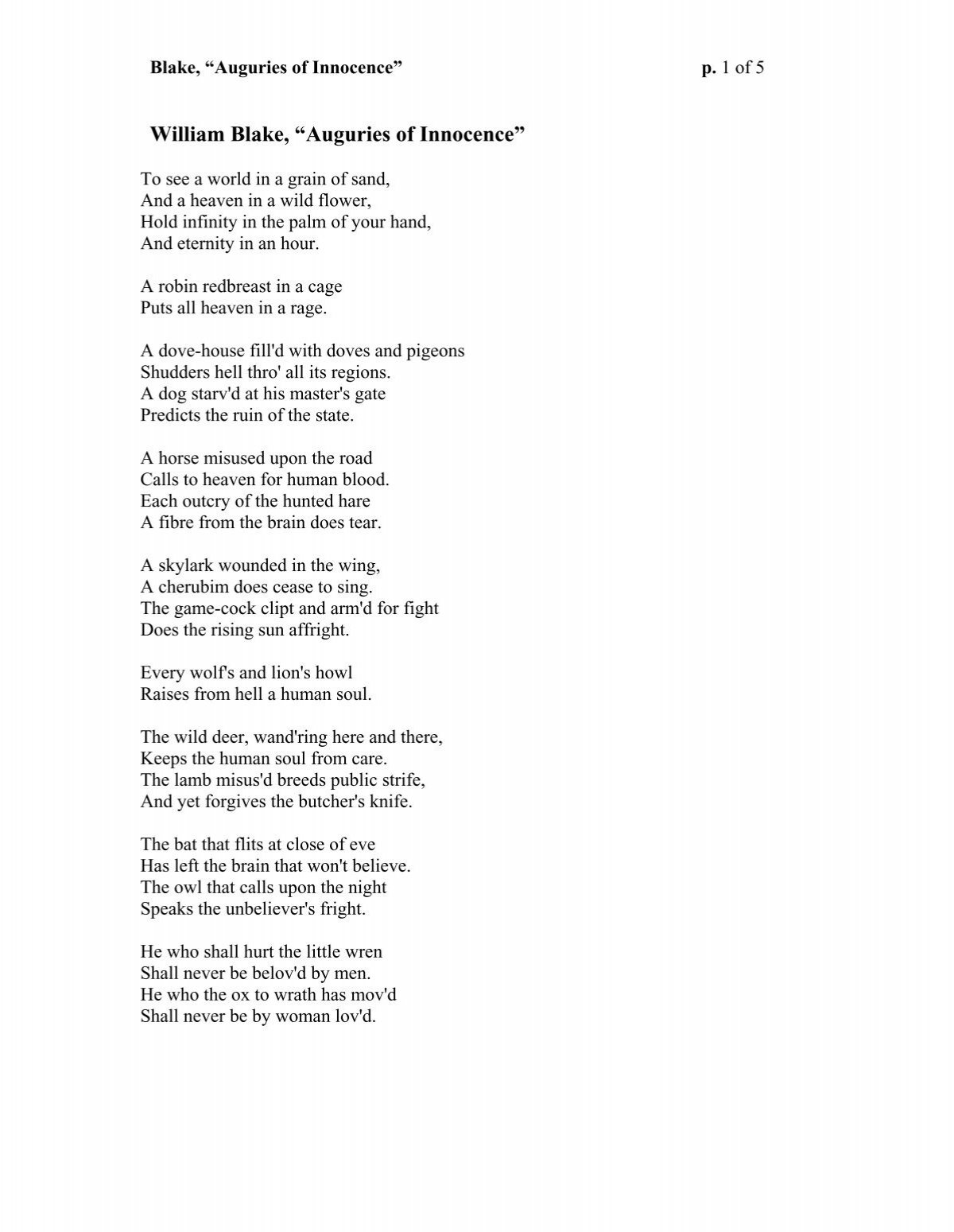


William Blake Auguries Of Innocence


William Blake Religion And Psychology Auguries Of Innocence
Blake considers, that tellurian human life is a manner of psyche from A Eternity and back in Eternity The psyche apparels in a flesh for the tellurian being It holds in recollection Eternity, that is Innocence But the got Knowledge deforms, obscures this memory On the other manus, tellurian being, harmonizing to Emmanuel Swedenborg 'sAuguries of Innocence Summary by William Blake • Auguries of Innocence is a one William Blake's longer poems having elements of childlike innocence and a gravely mature narrative –together portraying chaos during the poet's lifetimeAuguries of Innocence was not published until 1863;



Songs Of Innocence And Of Experience Wikipedia



William Blake Auguries Of Innocence An Analysis Part I Quijano On Stuff
Auguries of Innocence by William Blake To see a World in a Grain of Sand And a Heaven in a Wild Flower, Hold Infinity in the palm of your hand And Eternity in an hour A Robin Red breast in a Cage Puts all Heaven in a Rage A dove house fill'd with doves & Pigeons Shudders Hell thro' all its regions A dog starv'd at his Master's Gate"Auguries of Innocence poem By William Blake" To see a World in a Grain of Sand And a Heaven in a Wild Flower Hold Infinity in the palm of your hand And Eternity in an hour A Robin Red breast in a Cage Puts all Heaven in a RageWilliam Blake Auguries of Innocence To see a world in a grain of sand, And a heaven in a wild flower, Hold infinity in the palm of your hand, And eternity in an hour A robin redbreast in a cage Puts all heaven in a rage A dovehouse fill'd with doves and pigeons Shudders hell thro' all its regions A dog starv'd at his master's gate



William Blake Auguries Of Innocence 4 The Allen Ginsberg Project


Ford Quote S2 Ep7 From Auguries Of Innocence By William Blake Westworld Amino
William Blake "To See a World" (Fragments from "Auguries of Innocence" To see a World in a Grain of Sand And a Heaven in a Wild Flower, Hold Infinity in the palm of your hand And Eternity in an hour A Robin Redbreast in a Cage Puts all Heaven in a Rage A dove house fill'd with doves and pigeons Shudders Hell thro' all its regionsAuguries of Innocence by William Blake To see a World in a Grain of Sand And a Heaven in a Wild Flower Hold Infinity in the palm of your hand And Eternity in an hour A Robin Red breast in a Cage Puts all Heaven in a Rage A Dove house filld with Doves & Pigeons Shudders Hell thr' all its regionsAuguries of Innocence To see a World in a Grain of Sand arliced Blake is the great Romantic visionary, one of England's best poets, painters, engravers, calligraphers and printers His visions stretched to the eternal reaches of the cosmos, but could just as easily settle on a grain of sand More by William Blake



The Pickering Manuscript The Pickering Manuscript 3 The Morgan Library Museum
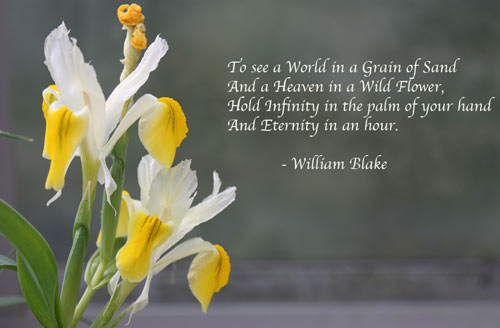


Poet Seers Auguries Of Innocence By William Blake
Auguries of Innocence by William Blake To see a world in a grain of sand And a heaven in a wild flower, Hold infinity in the palm of your hand And eternity in an hour A robin redbreast in a cage Puts all heaven in a rage A dovehouse filled with doves and pigeonsThe world, which is reborn and remade throughout nature, symbolizes the innocence of man that is forgotten and pushed aside as man advances closer to adulthood"Auguries of Innocence poem By William Blake" To see a World in a Grain of Sand And a Heaven in a Wild Flower Hold Infinity in the palm of your hand And Eternity in an hour A Robin Red breast in a Cage Puts all Heaven in a Rage



Auguries Of Innocence Wood Engravings By Leonard Baskin By Blake William Search For Rare Books Abaa



William Blake Auguries Of Innocence Genius
Auguries of Innocence by William Blake written perhaps in 1803 but not published until 1863 He died in 17 Augur means to be a sign of especially good or bad things in the future The Doors quoted him in their 1965 recording of "End of the Night" To see a World in a Grain ofWilliam Blake (28 November 1757 – 12 August 17) was an English poet, painter, and printmaker Largely unrecognised during his lifetime, Blake is now considered a seminal figure in the history of the poetry and visual arts of the Romantic AgeWhat he called his prophetic works were said by thcentury critic Northrop Frye to form "what is in proportion to its merits the least read body ofIn Auguries of Innocence Blake is showing that nothing can be viewed in isolation Even the most distant effects have causes not attributable to natural events Every act has consequences


Auguries Of Innocence
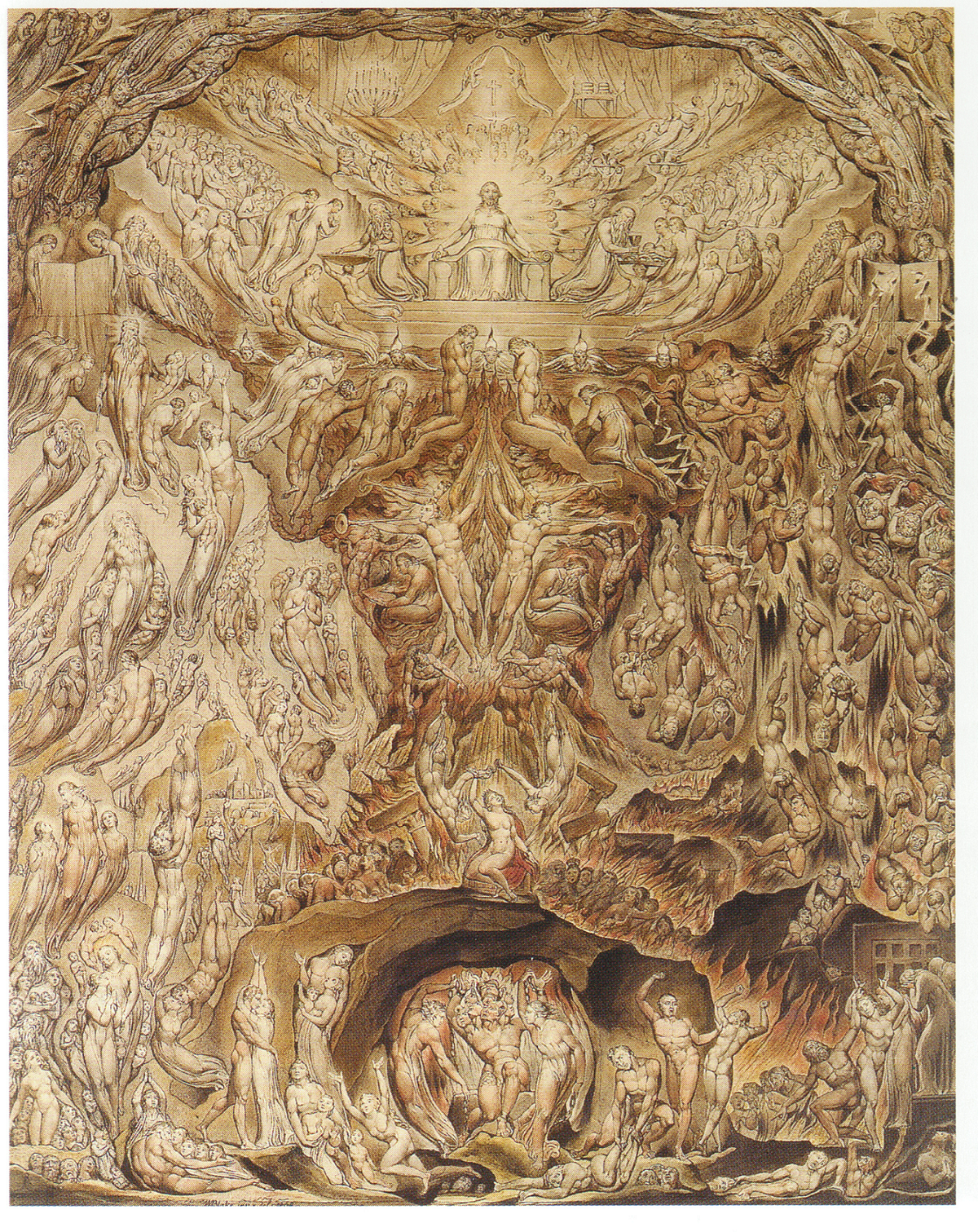


Auguries Of Innocence Cakeordeathsite
Auguries of Innocence by William Blake To see a World in a Grain of Sand And a Heaven in a Wild Flower Hold Infinity in the palm of your hand And Eternity in an hour A Robin Red breast in a Cage Puts all Heaven in a Rage A Dove house filld with Doves & Pigeons Shudders Hell thr' all its regionsThirtysix years after Blake died An augury is a sign, a prediction of something to come In the ancient world an 'augur' was a priest or"The Auguries of Innocence" is a series of couplets that most Blake scholars and biographers agree were written in no particular order, but just gathered as such for printing in about 1803, a decade after "Songs of Innocence and Experience"



William Blake Auguries Of Innocence Youtube



William Blake S From Auguries Of Innocence William Blake
William Blake Read in Bois des Chênes at a place I call "Walking Tree Swamp"356 Auguries of Innocence William Blake English Poetry II From Collins to Fitzgerald The Harvard ClassicsAuguries Of Innocence Poem by William Blake Read William Blake poemTo see a World in a Grain of Sand And a Heaven in a Wild Flower, Hold Infinity in the palm of your hand



10 Most Famous Poems By William Blake Learnodo Newtonic



Auguries Of Innocence By William Blake Auguries Of Innocence Innocence Quotes Poetry Words
The famous poem Auguries of Innocence by William BlakeWilliam Blake, "Auguries of Innocence" Blake (1757 17) is one of the major cultural figures of the Romantic period, although he was almost entirely unknown as a poet in his own time and had only a minor reputation as an engraver and illustrator He was a mystic andWilliam Blake (28 November 1757 – 12 August 17) was an English poet, painter, and printmaker Largely unrecognised during his lifetime, Blake is now considered a seminal figure in the history of the poetry and visual arts of the Romantic AgeWhat he called his prophetic works were said by thcentury critic Northrop Frye to form "what is in proportion to its merits the least read body of



To See The World William Blake Quote Auguries Of Innocence Fragments Photographic Print By In3pired Redbubble



Long Poems Auguries Of Innocence By William Blake Bodyandsoulnourishmentblog
"Auguries of Innocence" is a poem by William Blake, from a notebook of his now known as the Pickering Manuscript It is assumed to have been written in 1803, but was not published until 1863 in the companion volume to Alexander Gilchrist 's biography of Blake"Auguries of Innocence" is a poem by William Blake, from a notebook of his now known as the Pickering Manuscript 1 It is assumed to have been written in 1803, but was not published until 1863 in the companion volume to Alexander Gilchrist's biography of Blake The poem contains a series of paradoxes which speak of innocence juxtaposed with evil and corruptionAuguries of Innocence and Other Lyric Poems Blake, William, Jonson, Will on Amazoncom *FREE* shipping on qualifying offers Auguries of Innocence and Other Lyric Poems



Clover S Literary Corner Ordinary Miracles William Blake Crozet Gazette



Auguries Of Innocence By William Blake Youtube
Auguries of Innocence By William Blake To see a World in a Grain of Sand And a Heaven in a Wild Flower Hold Infinity in the palm of your hand And Eternity in an hour A Robin Red breast in a Cage Puts all Heaven in a Rage A Dove house filld with Doves & Pigeons" Auguries of Innocence " is a poem by William Blake, from a notebook of his now known as the Pickering Manuscript It is assumed to have been written in 1803, but was not published until 1863 in the companion volume to Alexander Gilchrist 's biography of Blake'Auguries of Innocence' might be regarded as a sort of verse manifesto for much of Blake's writing, laying out, through a long sequence of examples, his moral position Blake was consistent in speaking out against injustice and moral wrong, and 'Auguries of Innocence' shines further light on how Blake saw evil deeds harming not just the victim but also the perpetrator


Auguries Of Innocence
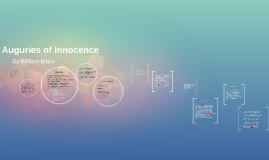


Auguries Of Innocence By Jovina Juana
Read, review and discuss the Auguries of Innocence poem by William Blake on Poetrycom Login The STANDS4 Network William Blake was an English poet, painter and printmaker
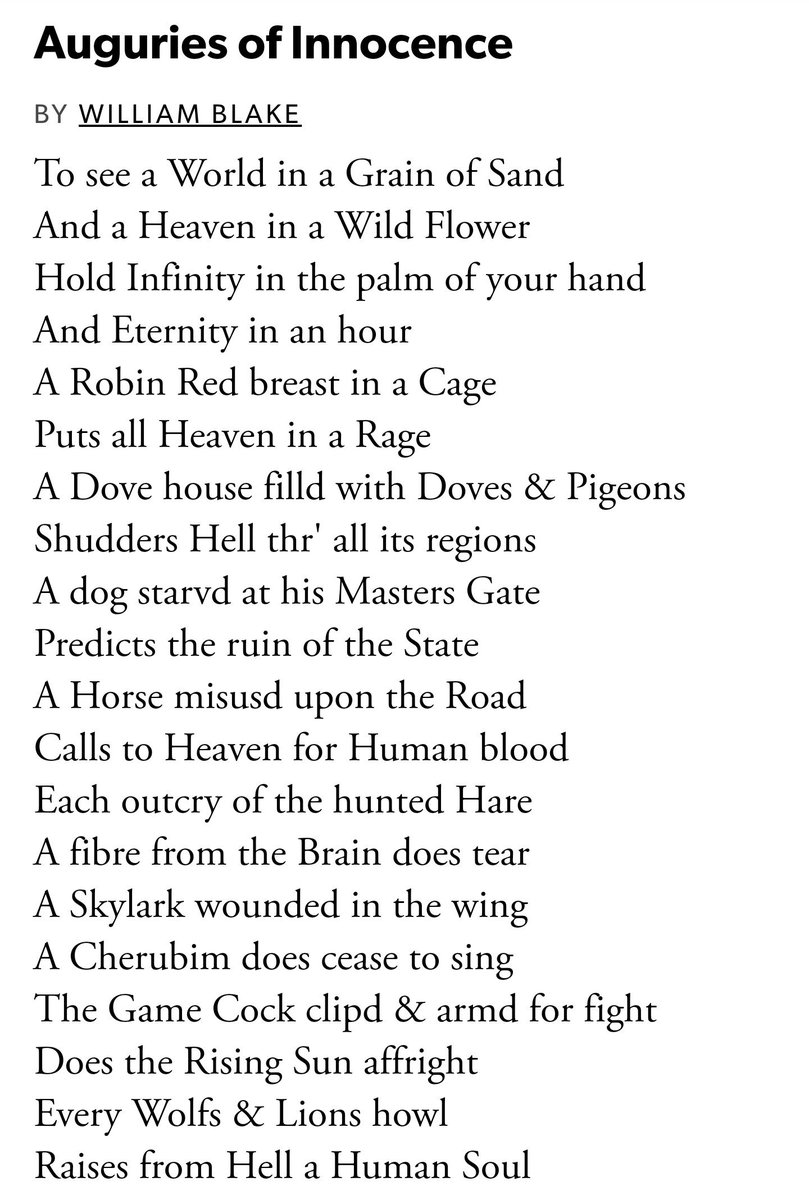


Dr Stephen Pritchard Auguries Of Innocence William Blake 1803 He Who Shall Hurt The Little Wren Shall Never Be Belovd By Men Netsdownfornature T Co Jx1hlzobp6 T Co Itmrb3ai1f



To See The World William Blake Quote Auguries Of Innocence Poster By In3pired Redbubble



Auguries Of Innocence William Blake Urdu Translation Youtube



Amazon Com William Blake Auguries Of Innocence Unframed Print Handmade
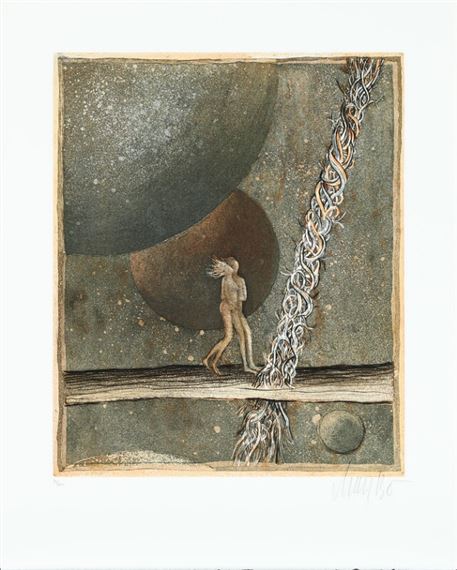


Bo Lars Fourteen Etchings After Auguries Of Innocence By William Blake 1980 Mutualart
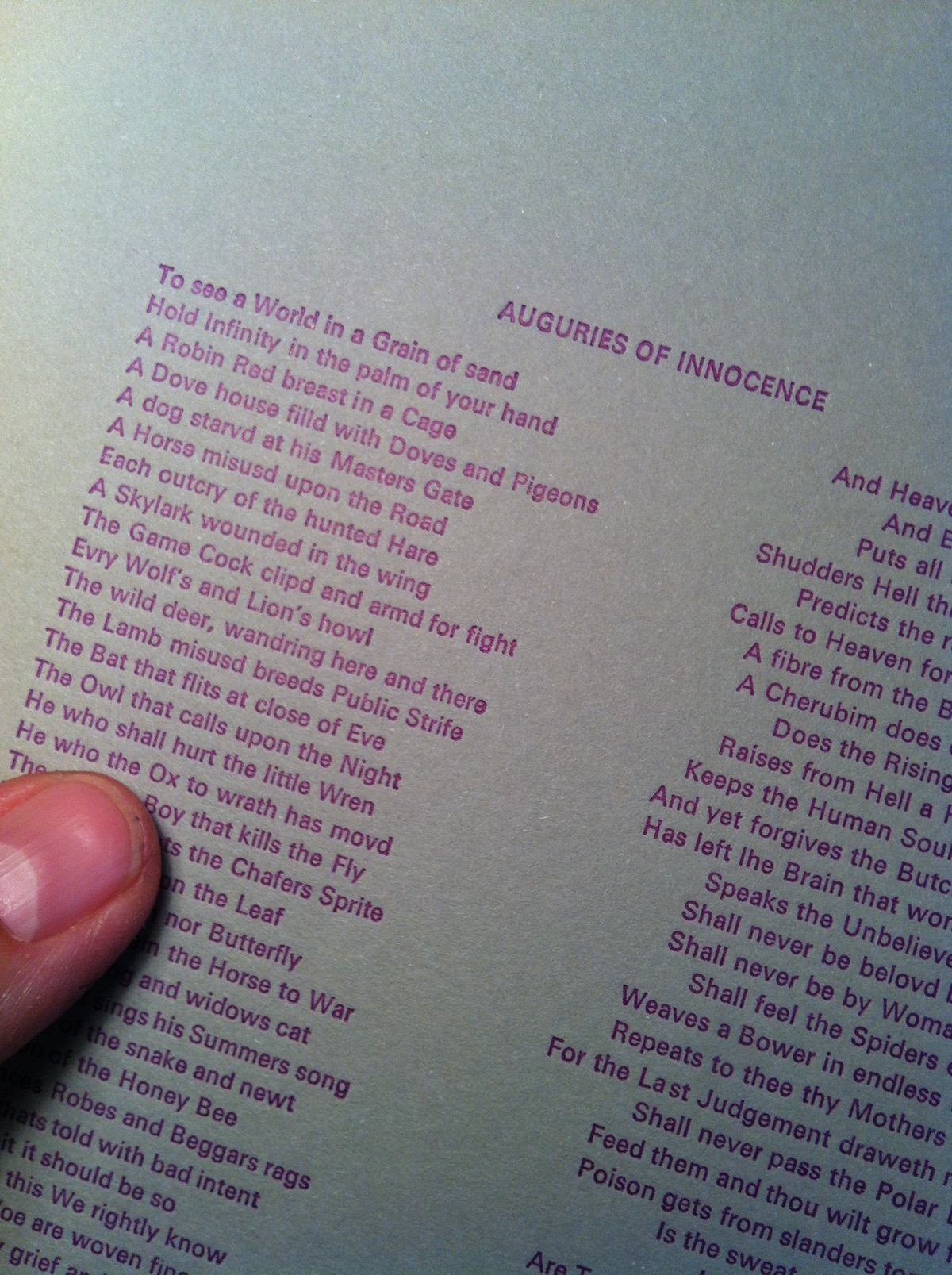


Auguries Of Innocence On Behance


Auguries Of Innocence By William Blake Possible Source Of Inspiration For Death Stranding Deathstranding


Leonard Baskin Printer William Blake Auguries Of Innocence Lot Heritage Auctions
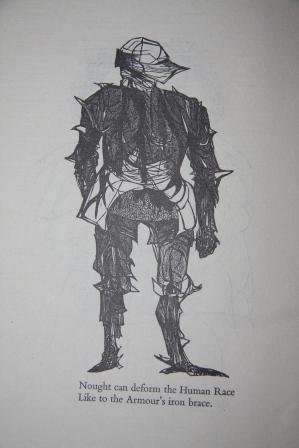


Auguries Of Innocence By William Blake By Baskin Leonard Illustrator William Blake Near Fine Wraps 1959 Limited First Edition White Fox Rare Books Abaa Ilab



Auguries Of Innocence William Blake



Auguries Of Innocence Together With The Rearrangement By Dr John Sampson And A Comment By Geoffrey Keynes Kt William Blake



Auguries Of Innocence William Blake Leonard Baskin 1st
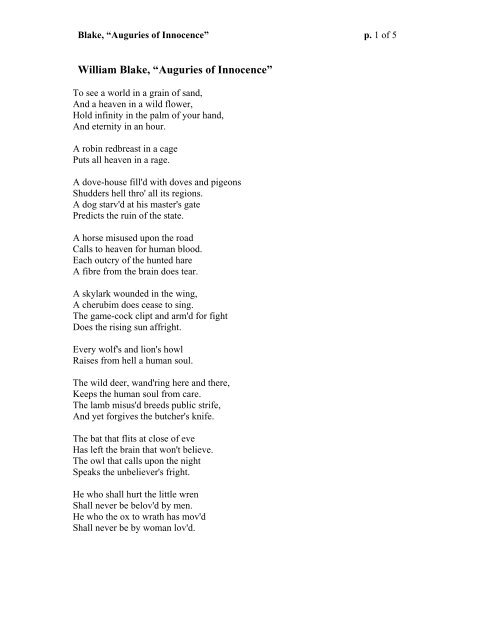


William Blake Auguries Of Innocence



Excerpt From Auguries Of Innocence By Blake Auguries Of Innocence Words Quotes Poems



William Blake Auguries Of Innocence Yoga



Holy Thursday Songs Of Experience Wikipedia
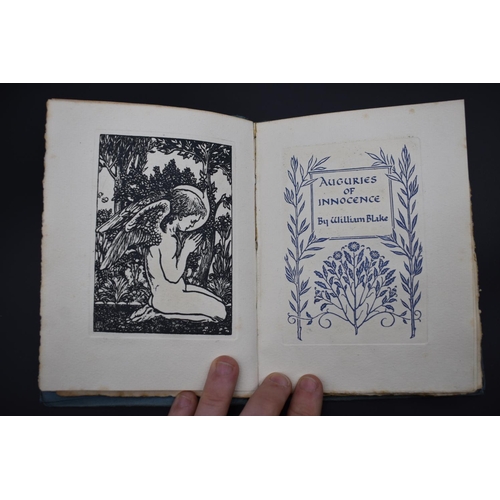


William Blake Peartree Press Auguries Of Innocence Peartree Press 1914 Proof Sampler Copy Lack
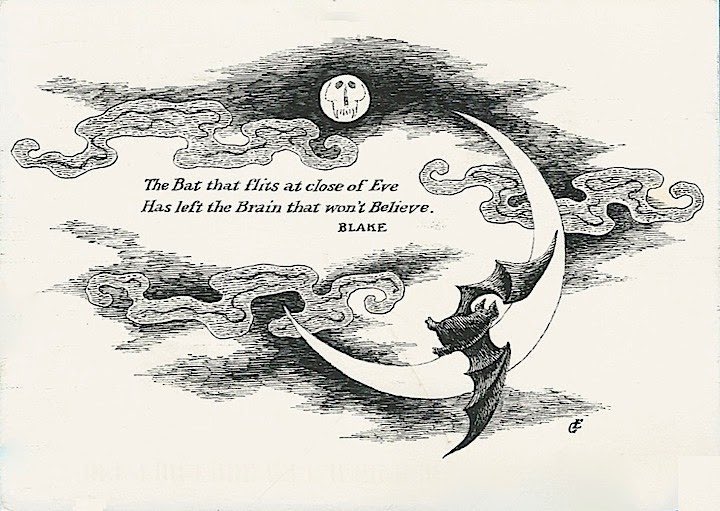


Diane Doniol Valcroze William Blake Auguries Of Innocence Illustrated By Edward Gorey



Ftq3wdv4n Kknm



Poetry Path William Blake Poets House
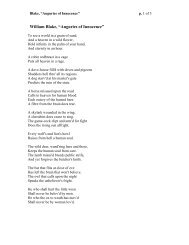


Auguries Of Innocence By William Blake



William Blake S Auguries Of Innocence 1 The Allen Ginsberg Project
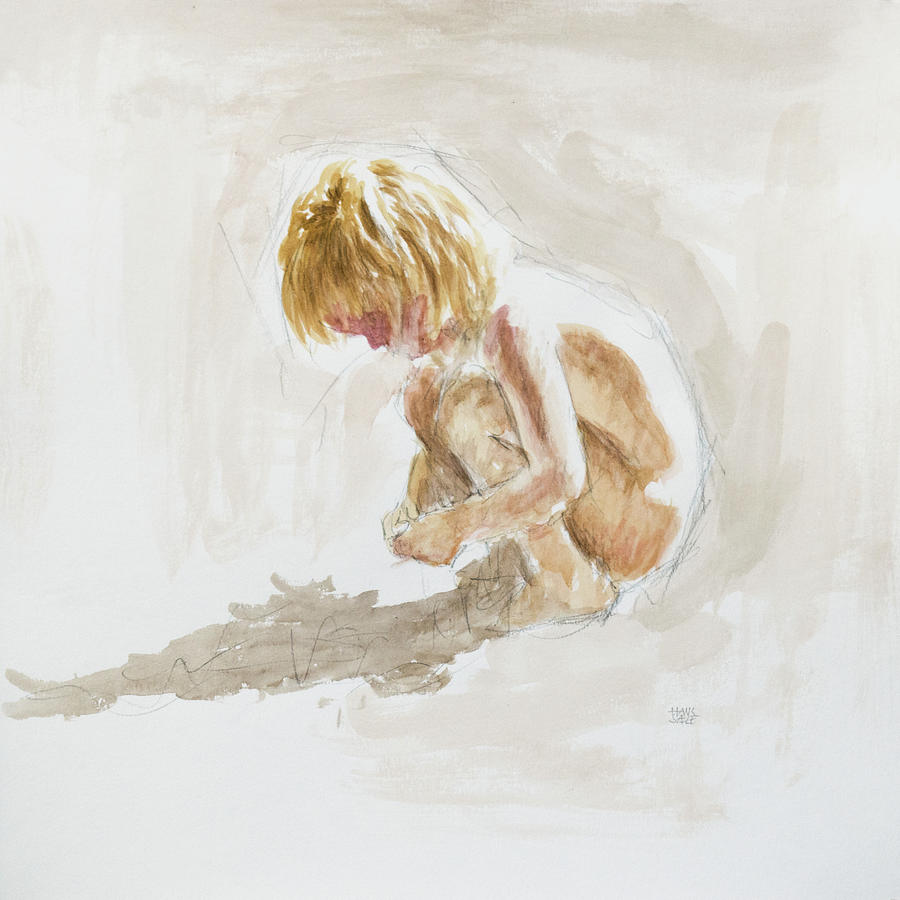


Auguries Of Innocence Painting By Hans Egil Saele



William Blake S Auguries Of Innocence 3 The Allen Ginsberg Project



Auguries Of Innocence Poem By William Blake Amazon Com Books


Auguries Of Innocence The Old Print Shop
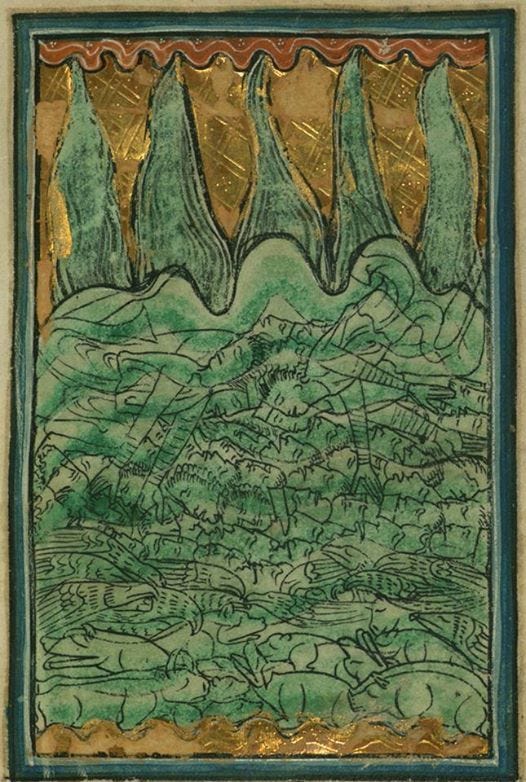


William Blake Auguries Of Innocence By Tania Sheko Poem Of The Day Medium



William Blake S Auguries Of Innocence 1 The Allen Ginsberg Project



Poem Inspiration Auguries Of Innocence By William Blake Flo Art Studio
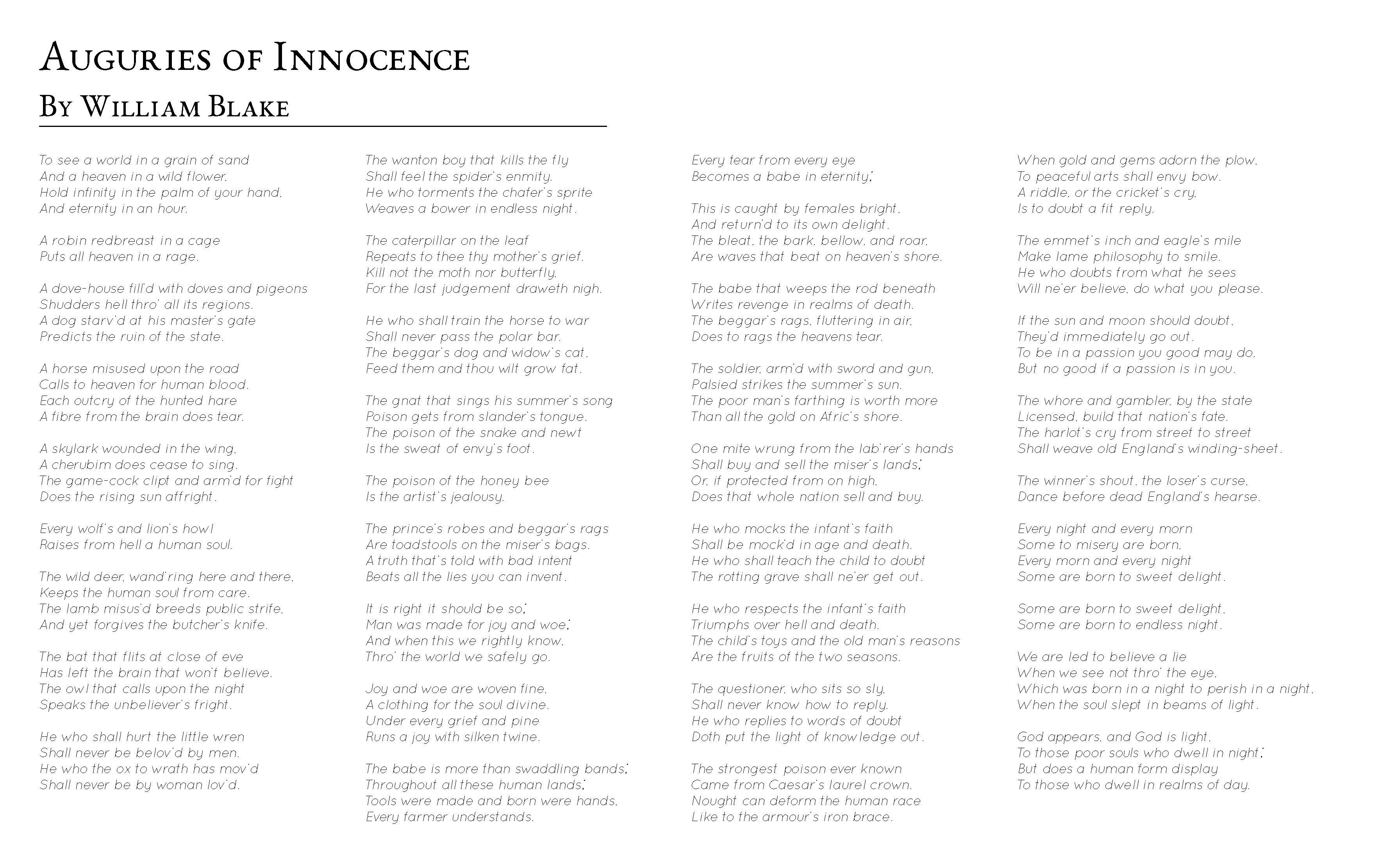


Margarida Fernandes Auguries Of Innocence Pt I



William Blake Auguries Of Innocence The Pacific
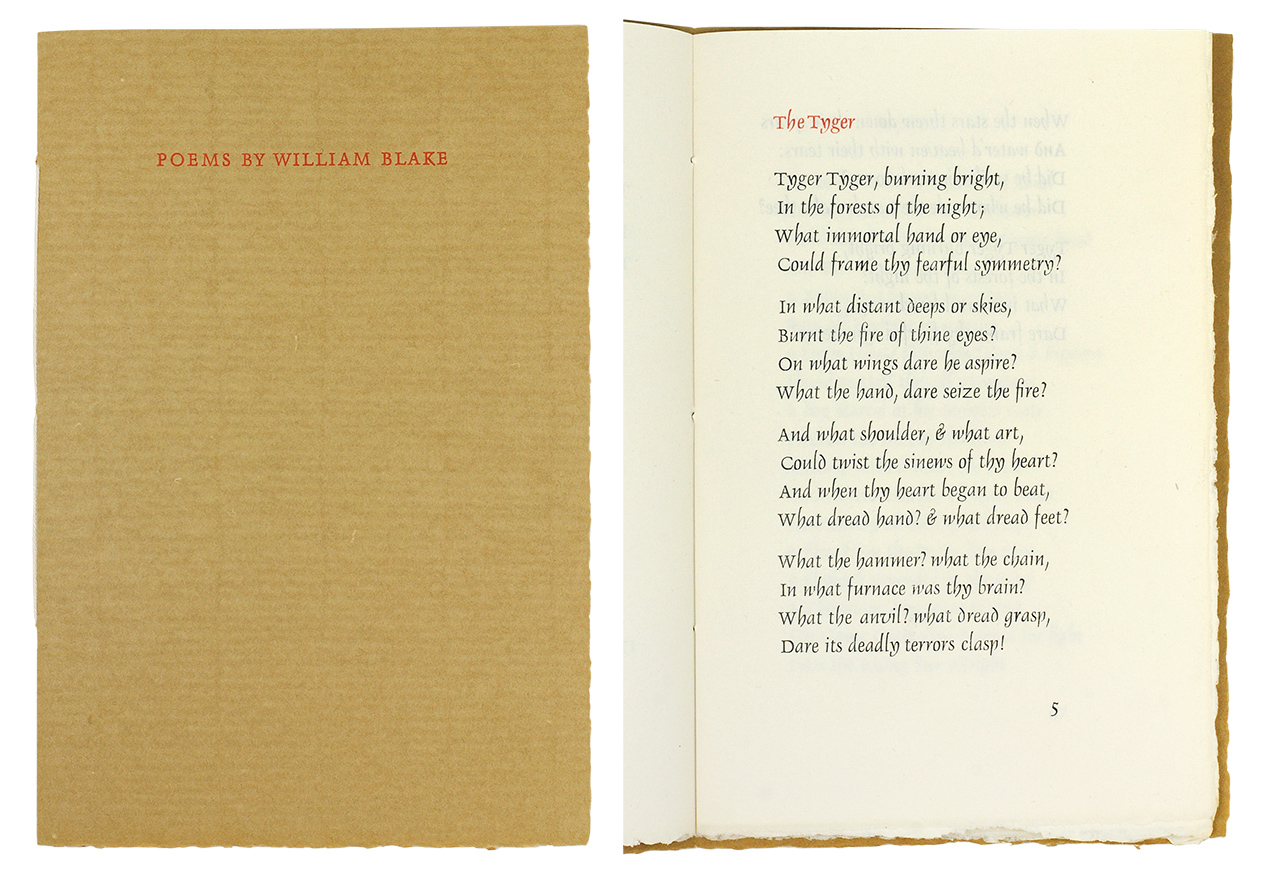


Poems The Tyger Auguries Of Innocence Jerusalem By Blake William John Windle Antiquarian Bookseller Abaa



To See The World William Blake Quote Auguries Of Innocence Scarf By In3pired Redbubble
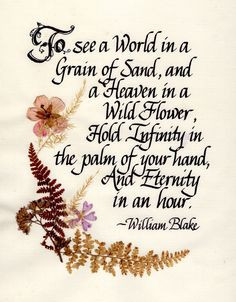


Quotes From William Blake Quotesgram



Auguries Of Innocence By William Blake Youtube



William Blake Auguries Of Innocence Unframed Print The Word Association



Contact Lettering The Auguries Of Innocence The Auguries Of Innocence The Opening Stanza From William Blake S Poem The Auguries Of Innocence It Is Assumed To Have Been Written In The Early Years Of The Nineteenth Century But Was Not Published Until



Auguries Of Innocence William Blake Forgiveness
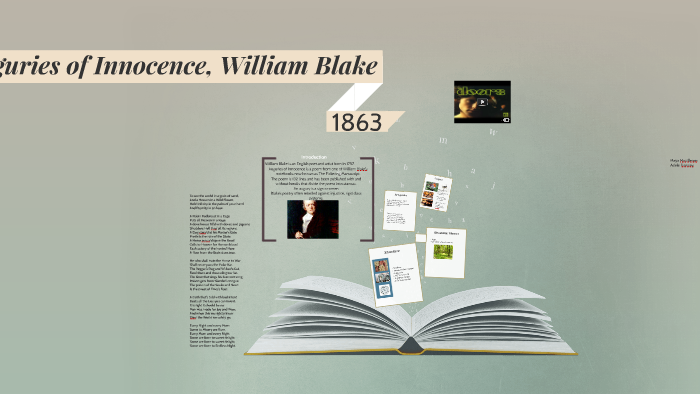


Auguries Of Innocence William Blake By Maya Mouilleron



Auguries Of Innocence By William Blake Poem Analysis



Page William Blake Chesterton Djvu 159 Wikisource The Free Online Library


William Blake S Auguries Of Innocence Still Practicing Work In Gothic Blackletter Before My Class Starts Calligraphy



Auguries Of Innocence Poem By William Blake


William Blake Religion And Psychology Blake Anger



Amazon Com Auguries Of Innocence William Blake Poem Inspirational Wall Art Poetry Quote Printable Free Poster With Every Order Handmade



A Short Analysis Of William Blake S Auguries Of Innocence Interesting Literature


Fourteen Etchings After Auguries Of Innocence By William Blake Set Of 14 By Lars Bo On Artnet



William Blake Auguries Of Innocence


William Blake Auguries Of Innocence Squarespace



Auguries Of Innocence William Blake Part 6 From The Pickering Manuscript C 1807 Morgan Library And Museum Electronic Edition Lines 13 To 18 Every



Auguries Of Innocence William Blake From The Pickering Manuscript C 1807 Morgan Library And Museum Electron William Blake Morgan Library Poetry Journal


The Argument The Marriage Of Heaven And Hell William Blake 4umi Word



Auguries Of Innocence Auguries Of Innocence Words Grain Of Sand



Auguries Of Innocence By William Blake



Auguries On Innocence William Blake



Page Life Of William Blake 2 Gilchrist Djvu 161 Wikisource The Free Online Library



William Blake Auguries Of Innocence 4 The Allen Ginsberg Project



Auguries Of Innocence By William Blake Poe In Wonderland


Auguries Of Innocence Quotes Top 3 Quotes About Auguries Of Innocence From Famous Authors



William Blake Auguries Of Innocence Plate 8 William Blake Auguries Of Innocence Artist



Auguries Of Innocence Wood Engravings By Leonard Baskin William Blake



Auguries Of Innocence Poem By William Blake Art On Paper



A Short Analysis Of William Blake S Auguries Of Innocence Interesting Literature
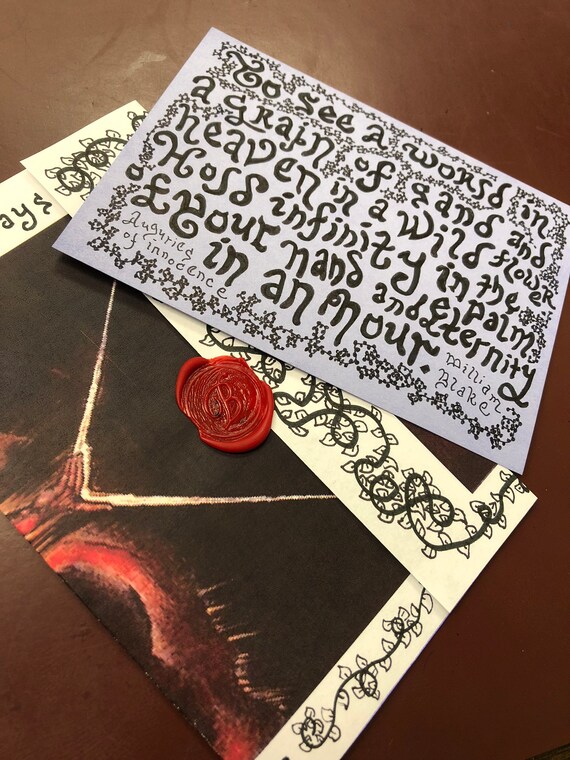


Auguries Of Innocence William Blake Quote Card Vintage Etsy



Pin On Quotes Memes


The William Blake Archive



Auguries Of Innocence The Emmet S Inch William Blake Quotes Pub



Best William Blake Auguries Of Innocence Quotes With Images To Share And Download For Free At Quoteslyfe



Infant Joy Wikipedia



Auguries Of Innocence William Blake H C With Slipcase 1968



Clover S Literary Corner Ordinary Miracles William Blake Crozet Gazette



0 件のコメント:
コメントを投稿